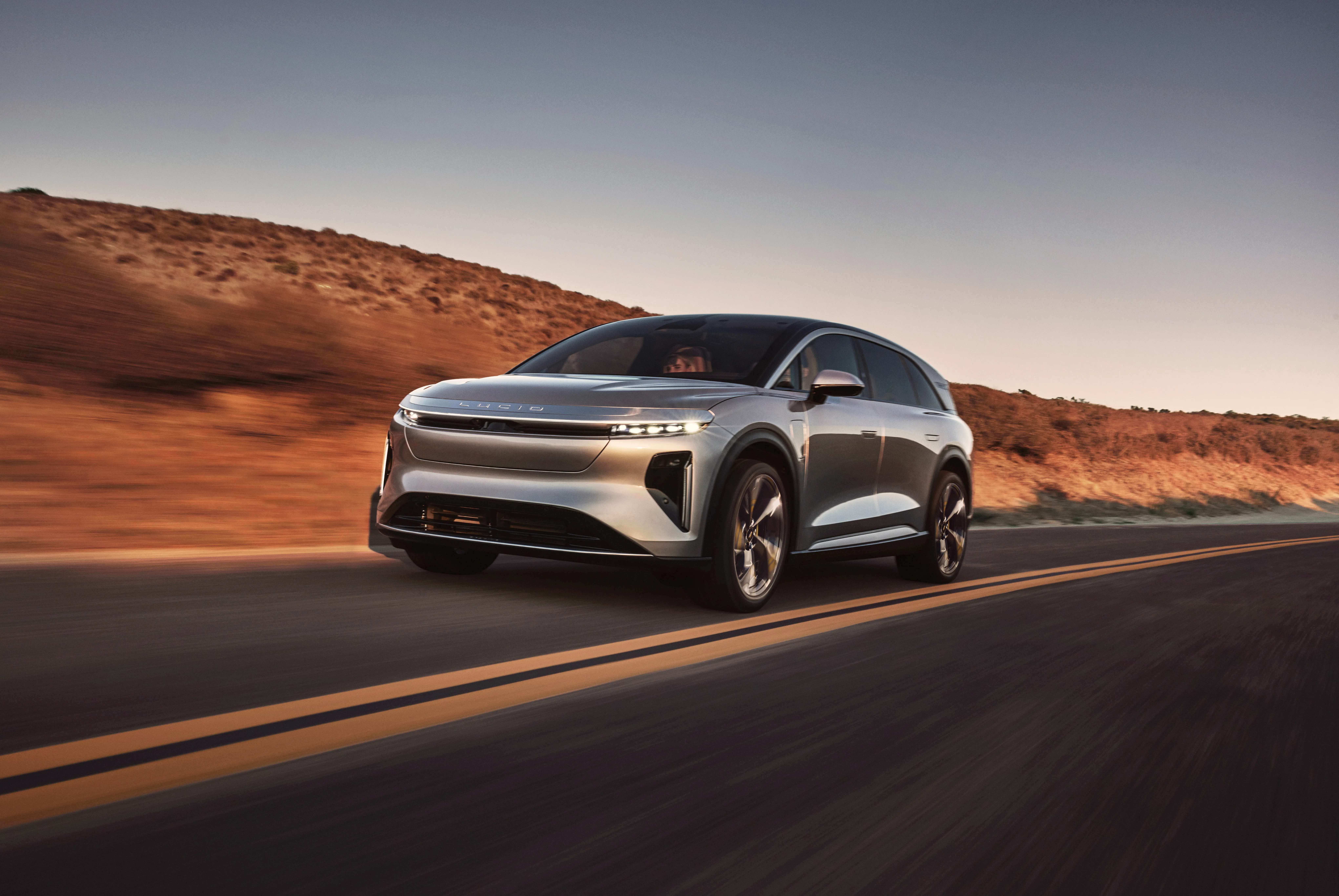When reading electric-vehicle (EV) industry headlines, you sometimes might think EV sales are cratering. The gloom that surrounds the industry is real. Now that the incoming administration is threatening to pull back support for the EV industry, some of that is warranted.
But the truth is, EV sales are still growing, but maybe not at the pace investors had hoped to see. Further, don’t tell Lucid Group (LCID -6.29%) or Nio (NIO -4.21%) that EV sales are lackluster, because both just set some impressive records.
Nio delivers big
Whether management set impossible hype, Nio fell short, or a combination of both, the EV-maker’s deliveries have failed to live up to lofty growth expectations. However, the company has put together strong results during the past eight months, which all achieved deliveries above 20,000 units.
Even better, December was a sneak peek at what investors can expect in 2025, as the company reported strong delivery growth. That’s because one of the company’s newer brands, Onvo, is still gaining traction after only going into production in late September. Already you can see the impact in the graphic below.

Data source: Nio press releases. Image source: Author.
In December, the company delivered 31,138 vehicles, a staggering 73% jump over the prior-year’s result and a new monthly record for Nio. That powered the fourth quarter to 72,689 deliveries, which was good for a quarterly record.
The deliveries broke down as follows: 20,610 namesake Nio brand deliveries and 10,528 vehicles from its Onvo brand. That’s intriguing because Nio expects monthly deliveries of Onvo to essentially double from these levels. This is expected to drive 2025 sales to roughly double that of 2024 — or roughly 440,000 units.
Investors also have to consider that in late December, Nio officially launched a third brand, Firefly, which will contribute to growth in 2025 as well. Despite the doom and gloom narrative falsely surrounding EV makers, Nio is well-positioned for strong delivery growth in 2025.
Four quarters in a row
After stumbling through 2023, Lucid managed to build momentum with deliveries in 2024. During the fourth quarter, Lucid produced 3,386 vehicles and delivered 3,099 vehicles. The company’s production was 40% higher during the fourth quarter, compared to the prior year, enabling the company to meet its 2024 goal of producing 9,000 vehicles.
More importantly, the company’s fourth-quarter deliveries set a quarterly record, which is the fourth quarter in a row Lucid has set a new delivery record. Full-year deliveries reached 10,241 vehicles, a 70% gain from what consumers purchased in 2023.
The good news for investors is that the trend could continue in 2025. Lucid recently launched its first electric SUV, the Gravity, which will drive deliveries higher throughout the year as production ramps up. Following the Gravity will be the company’s new mid-size platform that will produce multiple lower-cost SUV and sedan models.
Time to buy?
The narrative surrounding EVs might currently be gloomy, especially with the incoming administration promising to pull the Federal tax credit (worth up to $7,500) on an EV purchase. However, EV sales are still growing at a decent rate, and within the industry, there are plenty of growth stories to be found, such as Lucid and Nio.
Both EV makers have set themselves up for strong delivery growth that should drive their top lines higher, with Nio focusing on China’s market and Lucid focusing on the U.S. market. Investors will have to wait and see if their respective managements can begin to narrow losses and offset margin pressure as automakers raise incentives to move vehicles off dealership lots.
Nio also has to battle through a vicious EV price war in China, which is expected to intensify in 2025. Until investors see evidence that the two EV makers can trim losses — even modestly — it might be wise to watch these stocks from the sideline in 2025.

